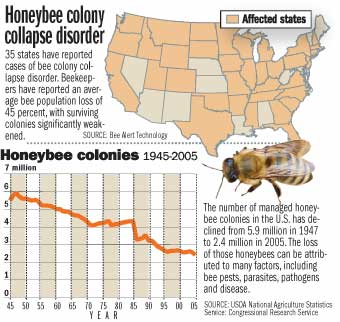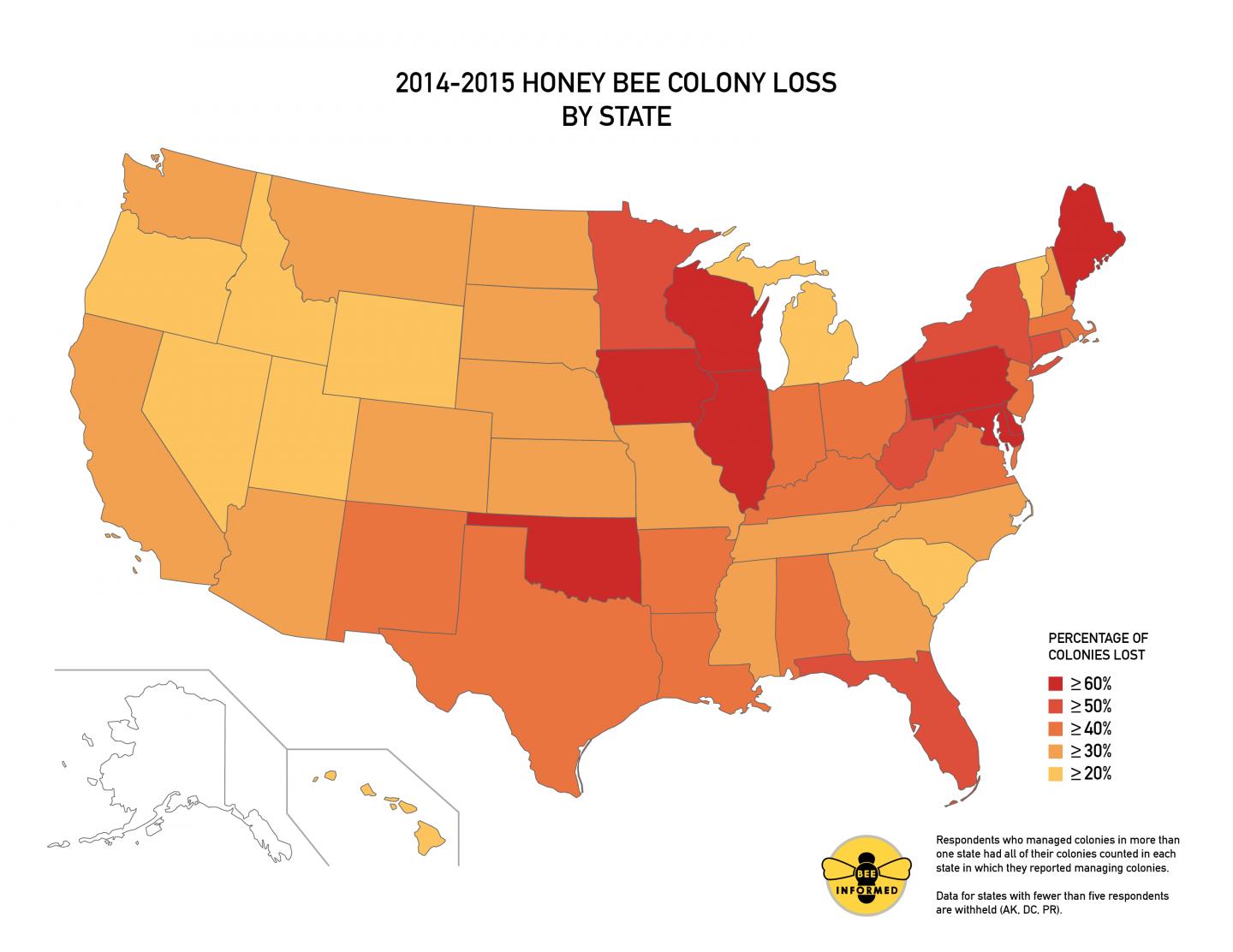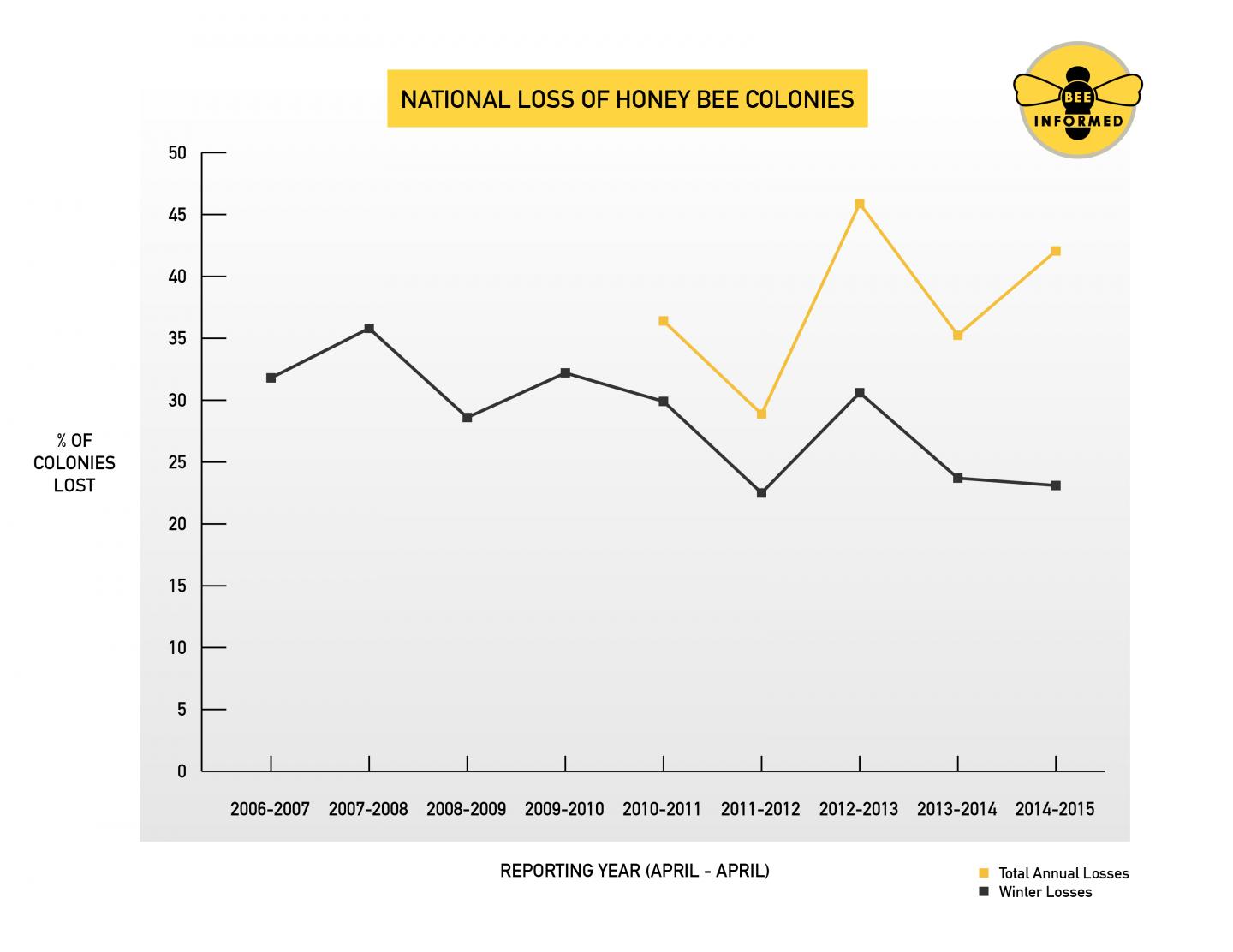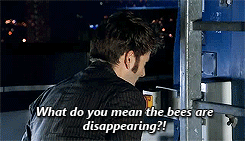Was just about to link this.
Glyphosate poses little to no harm for bees.
That's quite a conspiracy you got there. The bees would have to recognize the modified protein to do that. Bt isn't a protein that bees code for.
Even Montantos own report states that bees prefer non-BT pollen over BT pollen, though they fail to explain why.
Between lice, pesticides, mono-cultures, Bees have been under pressure for a long time, now, we introduced something that in studies was deemed safe, it was found to have had effects, but theese effects in the study were deemed negligent (a difference in weight of about 17% between BT and non BT, lifetime spans differed, a negligent 12%, BT feeders die earlier).
Here is a interestind article about the CCD too:
http://www.motherjones.com/tom-philpott/2014/05/smoking-gun-bee-collapse
We also have the "event 176" and its adverse effect on another species, which they call the effects for "being negligent on the species", but what if that is simply the last nail in the coffin? Or, the thing that makes the balance switch from being viable, to being non-viable?
Then there is the case of the Monarch, it went from, the monarch is dying from the GMO altered corn with BT, to, it is not affected by it, the fear was that the BT pollen could blow with the wind and land on the larvae, this was found to have a tiny effect on the development of the pupae, but, the effects were neglible..
However, the researchers estimate that the amount of milkweed in in the Midwest plunged by 58 percent from 1999 to 2010, pressured mainly by the expansion of Roundup Ready genetically engineered crops.
Whether or not Bt-infused pollen hurts monarchs, largely wiping out milkweed with Roundup makes the debate largely academic. Monarch caterpillars can only be exposed to the pollen when they're crawling about on milkweed leaves. Trouble is, they can't exist unless they're crawling about on milkweed leaves.
How things have unfolded shows that we weren't carefull enough, didn't think about the consequences, and failed to do proper studies. Bees also really, really, really like pollen from milkweed, so it is connected in the end.










